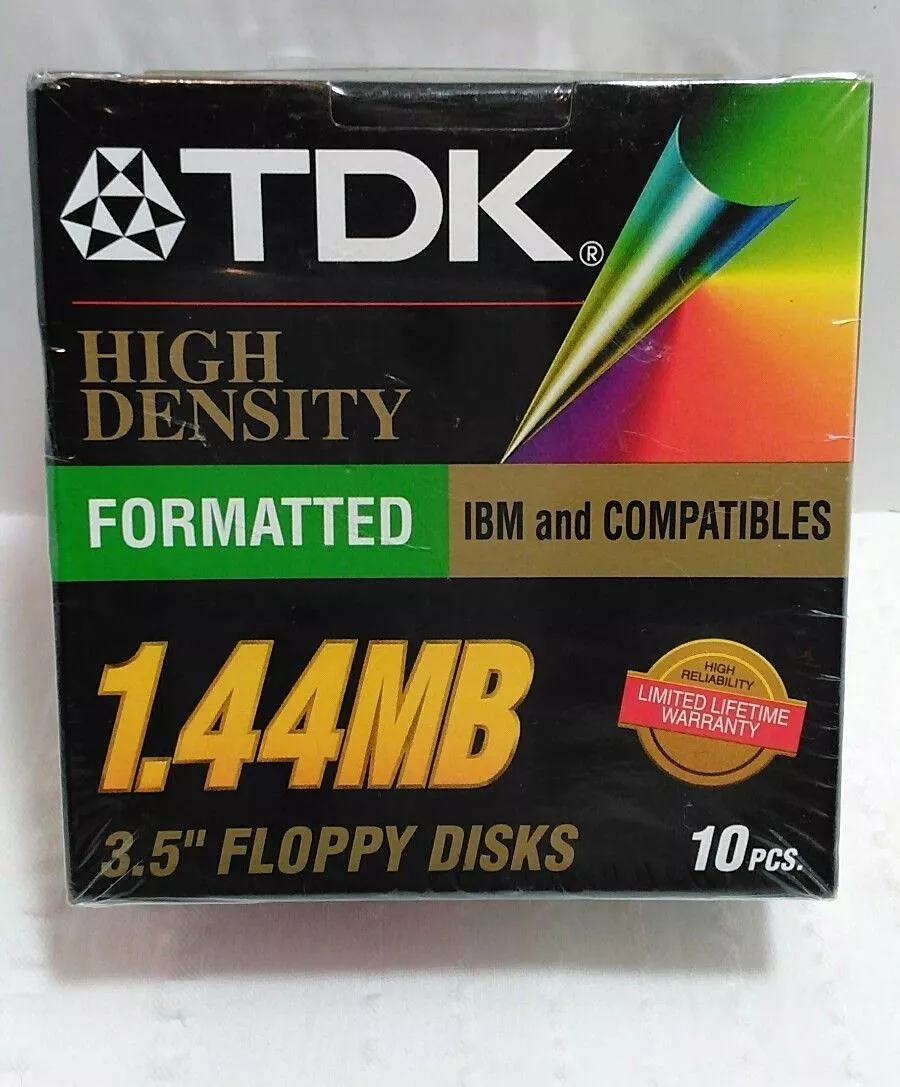this post was submitted on 23 Aug 2024
467 points (94.6% liked)
Asklemmy
45362 readers
1331 users here now
A loosely moderated place to ask open-ended questions
If your post meets the following criteria, it's welcome here!
- Open-ended question
- Not offensive: at this point, we do not have the bandwidth to moderate overtly political discussions. Assume best intent and be excellent to each other.
- Not regarding using or support for Lemmy: context, see the list of support communities and tools for finding communities below
- Not ad nauseam inducing: please make sure it is a question that would be new to most members
- An actual topic of discussion
Looking for support?
Looking for a community?
- Lemmyverse: community search
- sub.rehab: maps old subreddits to fediverse options, marks official as such
- [email protected]: a community for finding communities
~Icon~ ~by~ ~@Double_[email protected]~
founded 5 years ago
MODERATORS
you are viewing a single comment's thread
view the rest of the comments
view the rest of the comments

I don't think autorun worked with floppy disks, only with CDs and USB units.
I don't think the OS was sophisticated enough to tell the difference... A drive letter is a drive letter...
There are USB headers, PCI(-E) slots, SATA and some older ones. To get storage devices working on each one you will need a different driver.
Windows disabled autorun for USB sticks before win10.
Also if you list the devices on Linux they will show up as sd(a, b, c…) for SSDs, hd(a, b, c…) for HDDs and nvmen(0,1,2…) for NVMe drives. So yes the OS must be able to differentiate.
Windows assigning letters is just weird IMO.
Also to my knowledge the floppy would show up as disk A on Windows.
Have I just experienced youngsplaining?